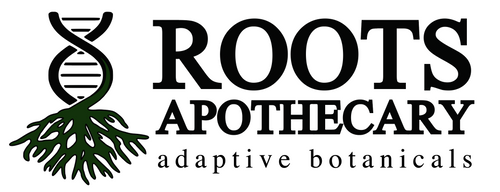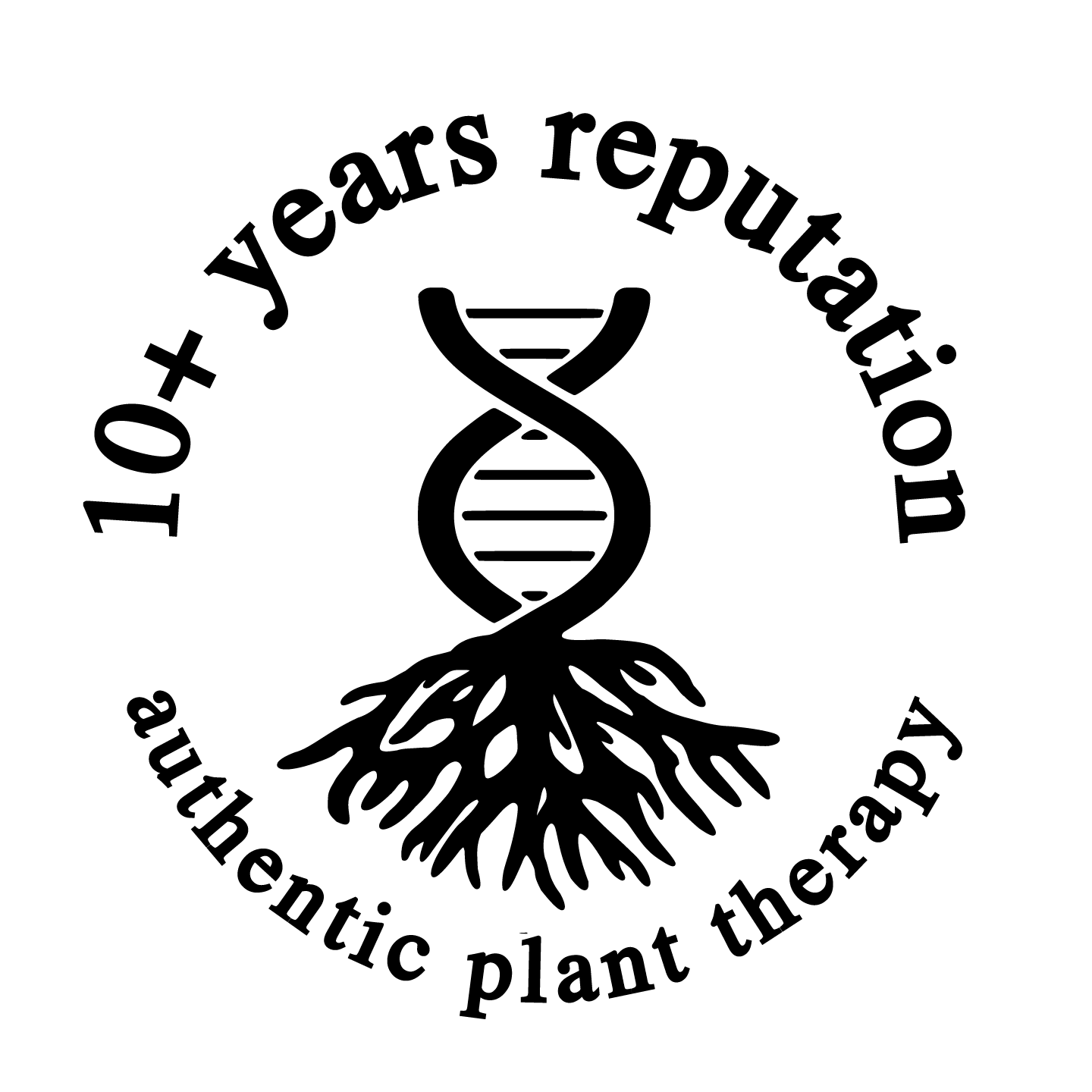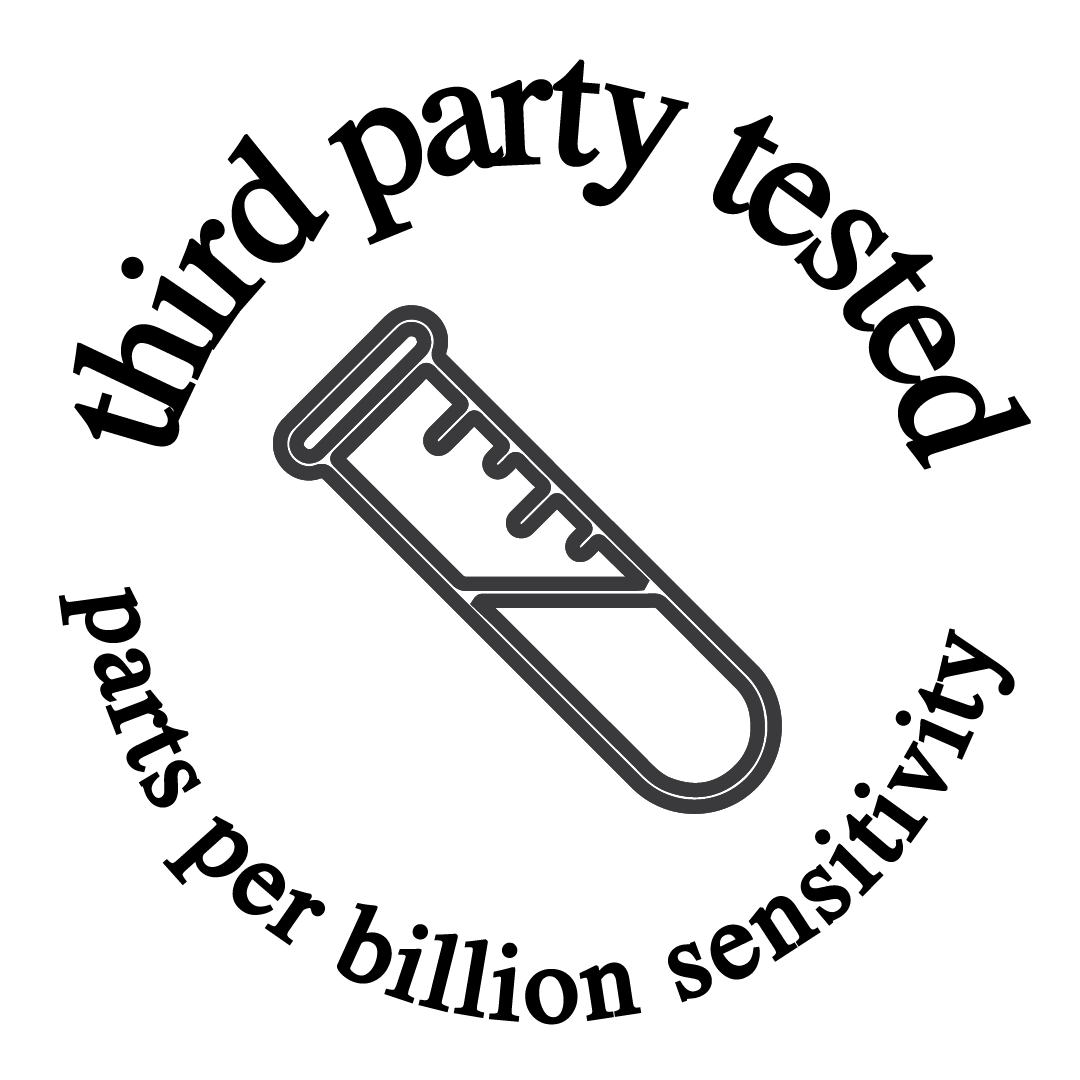the lower brain is sometimes called the lizard brain, reptilian brain, or primitive brain because it controls instinctual survival behaviors that are less sophisticated. the limbic system and amygdala control primitive responses to stress / fear. these sections of the lower brain are concerned with very short-term outcomes because, for the vast majority of human existence, threats required an immediate and forceful response (fight or run). this response isn't necessary as often these days, but the software is running in overdrive by responding to perceived threats like social anxiety, financial stress, relationship drama, work pressures, overtraining, etc.
upper sections of the brain, which evolved later, control complex problem-solving, introspective thinking, emotions, language, learning, memory, empathy, and intrapersonal skills. this is where intentional thought, reason, and informed action happen. this is where conscious decisions are made. the upper brain thinks before doing and considers long-term outcomes.
the mind and body instinctively prioritize short-term threats over long-term priorities and health. when the mind-body is stressed, the lower brain is prioritized to respond to a perceived threat (even if there is no real threat). since stress response is designed for immediate action, connection to the upper brain is choked which weakens emotional control, language, problem-solving, perspective, and most processes that would help to understand a situation. your lower brain doesn't care about understanding a situation, it just needs to do something about it now. this is fight or flight.
this is why perspective is difficult when you're dealing with a stressful situation. your stressed brain wants to react and get through whatever is happening. that's been its' MO for most of human existence. it's difficult to weigh the pros and cons, to consider multiple angles of a problem, or to think objectively when the pressure is on because the connection to the upper brain is choked by fight or flight.
as stress accumulates over time, nervous system tension creeps up. as this tension rises, your bandwidth or adaptive capacity declines. if nothing is done to bring that tension consistently back to balance, your daily operating tension will rise to become sympathetic dominant on a regular basis.





